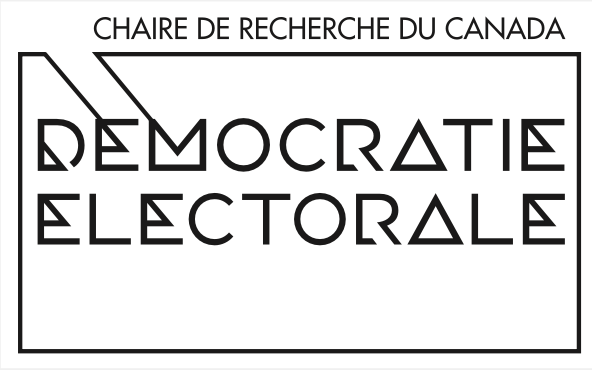Electoral Chairs’ Seminars – October 12th
12 October 2022 • 12:00 12 October 2022 • 13:00
C-4145
Should I Stay or Should I Go? Testing the Influence of Ambivalence on Vote Switching in the Multi-Party Context
Klara Dentler – PhD Student at University of Mannheim
Survey studies on citizens’ attitudes and intentions are numerous and are followed with great interest in newspapers, reports and academic papers. The implicit assumption is that citizens have clear and unambiguous ideas about what they are being asked. In reality, however, people often have mixed feelings. From a voting perspective, the question is how this ambivalence might affect the election – a question that is all the more important as elections become increasingly unpredictable. While the impact of ambivalence on the vote is well known for the United States, there is little research on multi-party systems. However, it could be that voters in multi-party systems are more likely to develop ambivalent attitudes than those in two-party systems. To fill this gap, the dissertation proceeds in two steps. In the first step, it focuses on the conceptualization and measurement of political ambivalence in the multi-party context and examines how voters form ambivalent attitudes towards parties and leaders. In a second step, the electoral implications of political ambivalence are examined, namely the impact of ambivalence on vote switching. For the empirical analysis, data from the Austrian National Election Study (AUTNES), the British National Election Study (BES), the German Longitudinal Election Study (GLES) and the Comparative Study of Electoral Systems (CSES) are used.

This content has been updated on 6 October 2022 at 11 h 41 min.